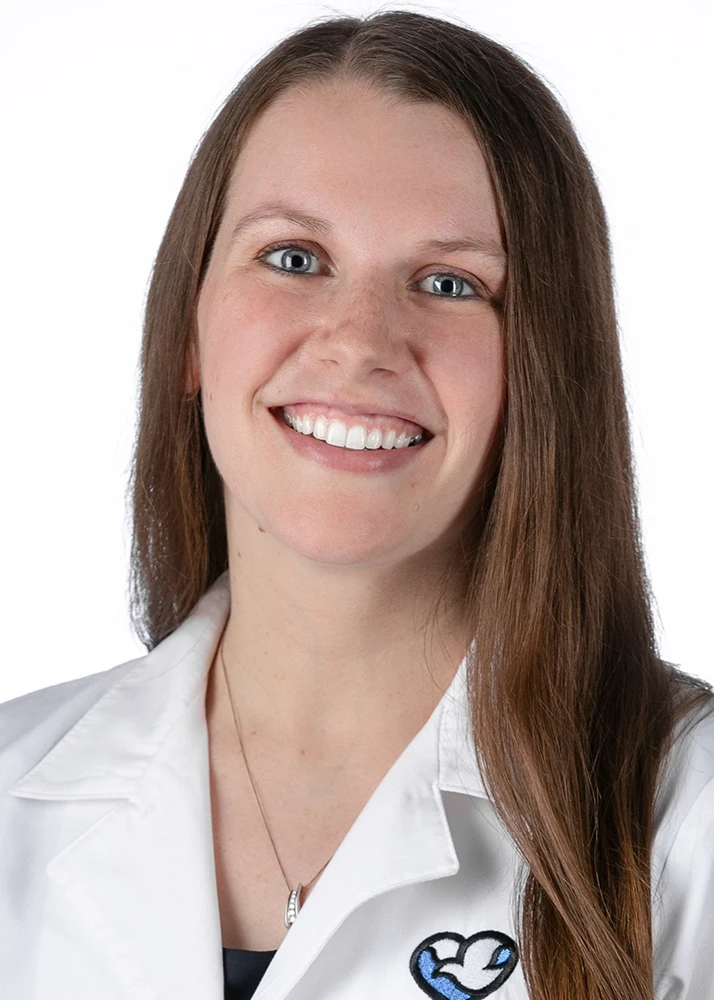




Today's Medicine
Acne: Popping the Myths and Getting Clear on Treatment
Published: Sept. 19, 2018

But you’re not alone. According to the American Academy of Dermatology, up to 50 million Americans are affected by it, every year. In fact, the majority of patients I see are looking for help with their acne.
What Is Acne?
Aside from being an embarrassing nuisance, acne is a skin condition that occurs when pores become clogged with oil and dead skin cells. Bacteria feed off the oil, then multiply. The body responds to that proliferation of bacteria by sending in immune cells, which creates red, inflamed and sometimes painful spots.
Acne symptoms include:
- Whiteheads (closed blocked pores)
- Blackheads (open blocked pores)
- Pimples (small inflamed spots, usually filled with pus at the tips)
- Cysts (painful lumps deep beneath the skin)
What Causes Acne?
In some cases, lifestyle and hormones are the top culprits of acne.
Lifestyle choices that can worsen the problem include:
- Wearing certain makeup, sunscreens or moisturizers that contain oil (choose those that read “noncomedogenic” on the labels)
- Wearing headbands, hats or even sunglasses that rub on your skin
- Working with industrial products
Fluctuating hormones tend to stimulate the sebaceous glands underneath the skin. While sebum (oil) is our skin’s natural lubricant and protectant, too much of it can lead to clogged pores. This is why teens and menstruating women tend to suffer more from acne than others.
Separating Fact From Fiction
An old wives’ tale. Something you read on the internet. A tip or trick from your closest friend. There is a lot of information – and misinformation – out there.
Here are some of the biggest myths when it comes to acne:
- Chocolate, pizza and greasy, fried foods cause acne. While these foods certainly aren’t good for you, they won’t cause acne or make it worse. There are some studies that suggest skim milk and high-glycemic foods tend to trigger acne, but if you practice moderation, this shouldn’t be cause for concern.
- If you have acne, you need to wash your face more. Acne has very little to do with hygiene and how often you wash your face. In fact, too much washing can dry out your skin and cause irritation, eventually leading to more breakouts.
- It's perfectly fine to pop a pimple. Don’t do it. You can push bacteria deeper into your pores and run the risk of scarring. Picking and popping will not heal a zit faster. Here are some tips for managing your acne.
How Do I Get Rid of Acne?
While there is no cure for acne, there are plenty of effective treatment options your Methodist Physicians Clinic dermatologist can provide.
They include:
- A topical retinoid (for most types of acne, your health care provider can determine the best type and proper strength)
- A topical or oral antibiotic (usually only prescribed if your provider feels it’s necessary to target the bacteria contributing to your acne)
- Birth control pills (for hormonal acne; they lower the amount of testosterone in the body)
- Isotretinoin aka Accutane (for cystic and scarring acne; it significantly slows down oil production)
Remember: The goal of you provider is to determine what’s causing your problem and help you decide on an appropriate plan of action. Although it’s easier said than done, try to sit back and trust the process. Stressing out over the way you look will not help your cause and may, in fact, exacerbate the problem.
To begin the process in achieving clearer skin, schedule an appointment today.


